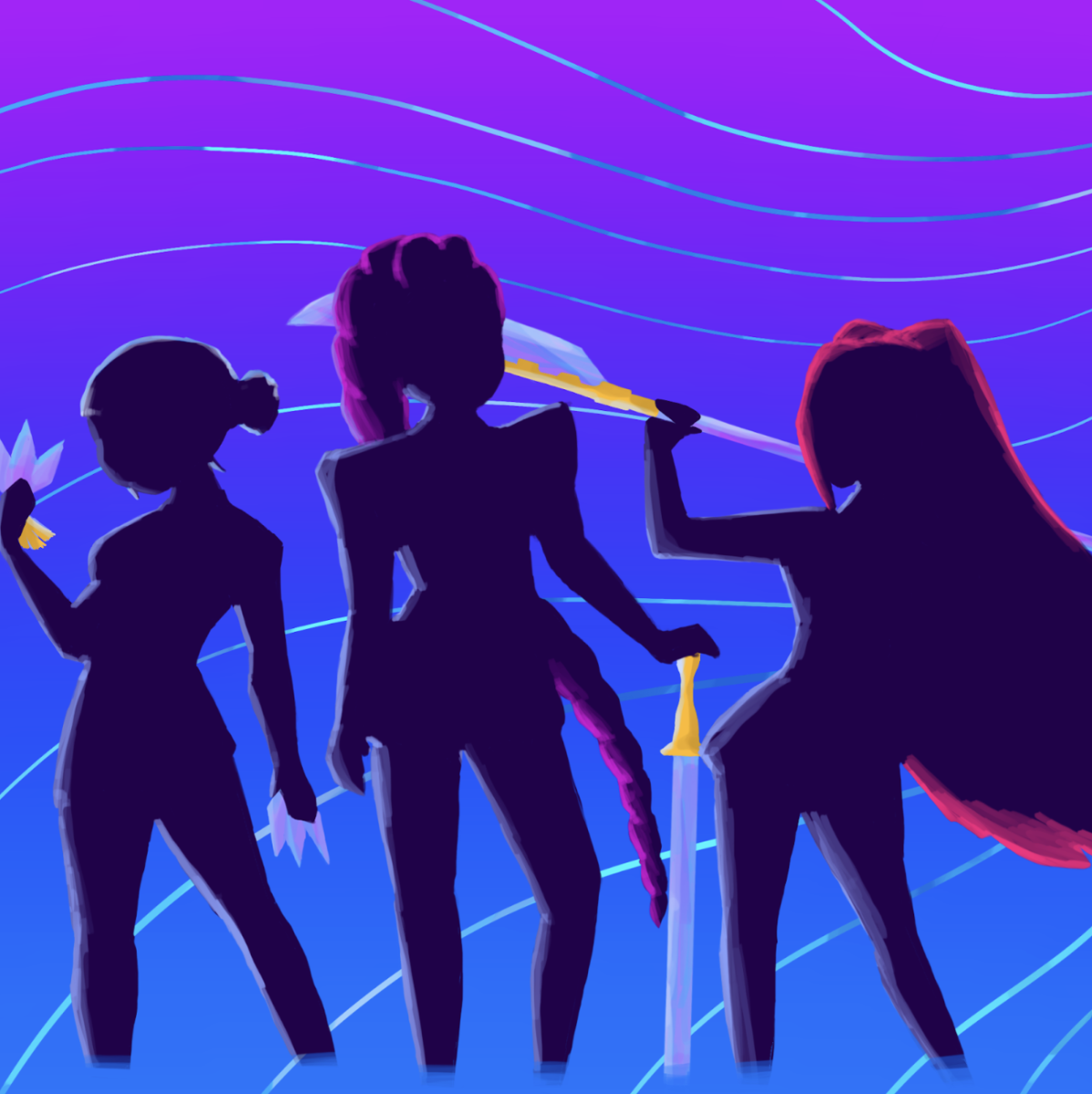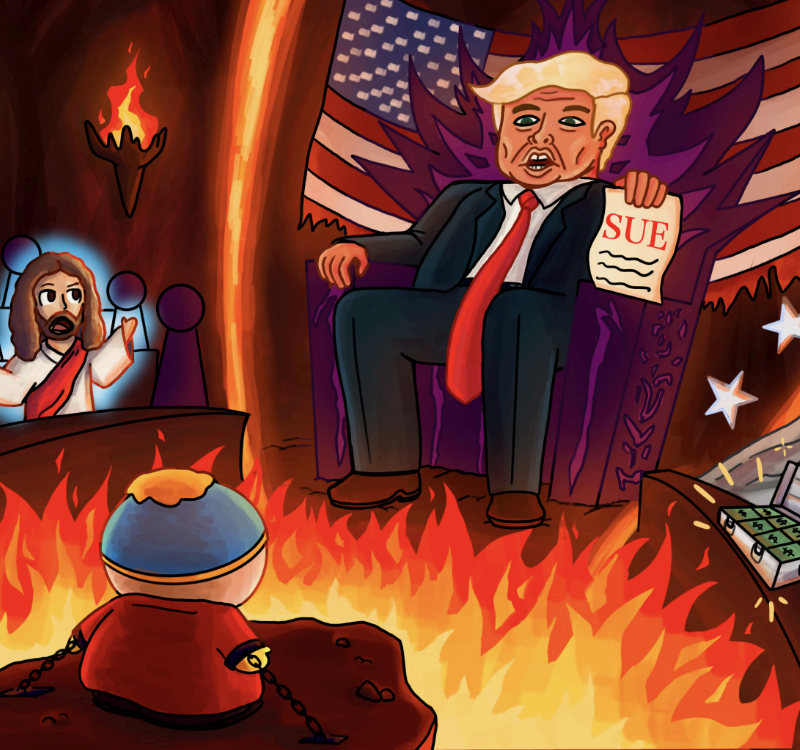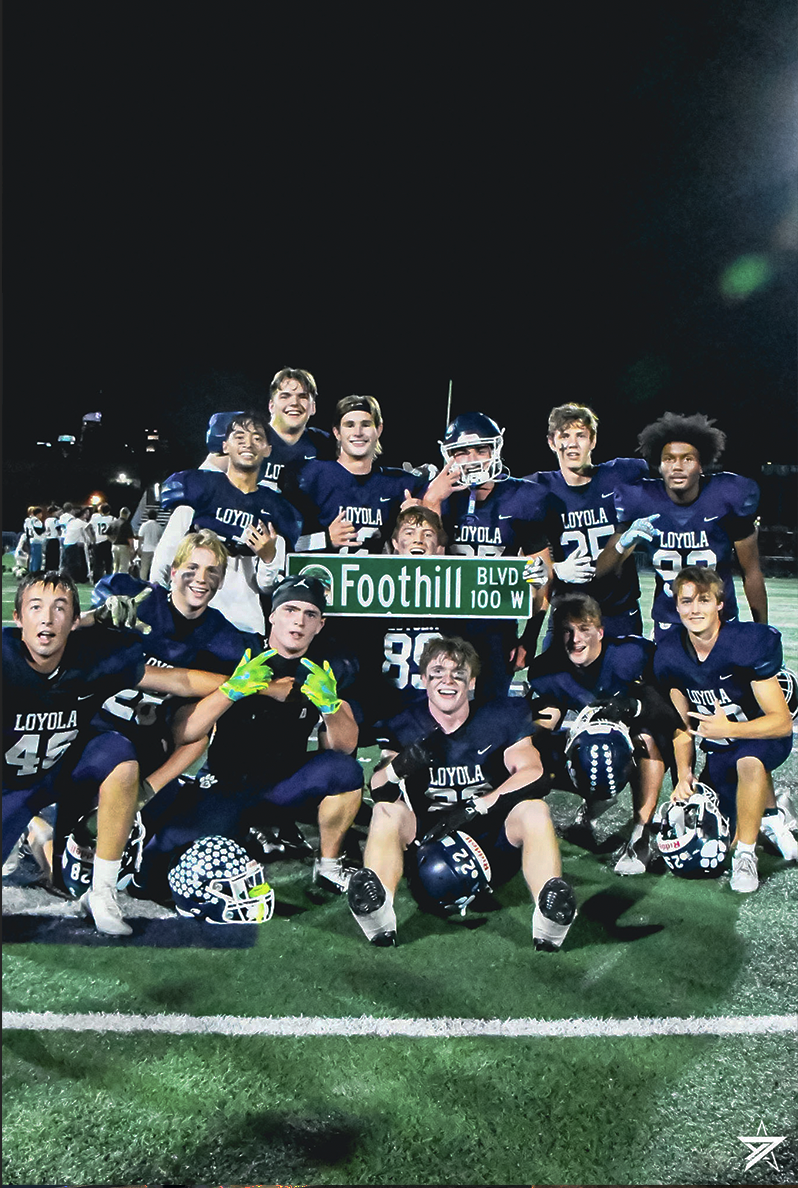“I would have lived in peace. But my enemies brought me war.”
The opening line to the first book of Pierce Brown’s war drama and political thriller series, “Red Rising,” perfectly encompasses the tone of the following five books. Fusing the genres of fantasy and science fiction, Pierce Brown creates an immersive world through his impactful dialogue and sophisticated prose. Built around a society hinged on the established hierarchy of castes, which are established by color, the “Red Rising” series deals with the central theme of the oppressive nature of the Gold race, situated at the top of the hierarchy.
The first trilogy of books—“Red Rising,” “Golden Son,” and “Morning Star”—solely follow the story of Darrow, a Red miner at the bottom of the hierarchy who lives amongst the cramped caverns of Mars. Brown uses historical allusions to correlate Ancient Roman society with the erudite, high-strung Golds, using names like Nero and Augustus. This is juxtaposed against the Red race that closely resembles Irish immigrants in the United States in the 19th century, whose attitudes towards power and employment of a particular vernacular align with that of the Reds. The lifelong work of the mid-tier and low-tier colors, whether it be the Red miners, the Gray police force, or the Brown maintenance workers, all serve to support the lifestyle of the Golds. Through genetic engineering and religious indoctrination, the Golds have maintained their place in the hierarchy for millennia. Spoken by Darrow, the first lines of “Red Rising,” are indicative of his sentiments towards the higher colors, as the Golds were responsible for the death of his wife, Eo, at a young age. Eo’s dream motivates Darrow to live for more than what is available in the mines of Mars; moreover, her dying wish implores Darrow to break the chains of society. Receiving a surgery that alters his DNA, restructuring his small, weak body as a Red into a fully grown Gold, Darrow is determined to break the chains, and create an egalitarian society from within the hierarchical system.
As the series progresses, Darrow evolves from an Ender Wiggins and Katniss Everdeen type of character, a young teen who uses his cunning intellect to push against societal norms, to one of the most well-written and complex characters that any piece of media has ever seen. Written from the first person perspective, “Red Rising” expertly delves into the psyche of Gold warlord with the soul of a Red teen. The supporting cast of characters—from Darrow’s most loyal friend, Sevro, to the main antagonists, Nero and his son Adrius au Augustus—each exhibit realistic reactions, motives, and emotions that elevate the story, allowing it to come off of the page. Brown has an unrivaled ability to induce genuine humor, levity, anxiety, fear and—most commonly—dread from his readers.
The end of each chapter is so captivating that it is genuinely difficult to determine a point to take a break from reading. The books are filled with twists and turns and paradigm shifts that never allow readers to feel entirely comfortable with the situation Darrow finds himself in. That being said, however, these books are extremely gratifying and satisfying to read due to the moments of compassion and humanity displayed by all characters.
Terms such as “jaw dropping” or “electric” are terms often reserved for television or film, but they are equally applicable to the action in the “Red Rising” series. All previously mentioned aspects of the series revolve around this central component that makes the series what it is: action. Comparing the grand-scale space warfare in “Red Rising” to the Battle of Helm’s Deep from “Lord of the Rings,” and the personal blood feuds to George R.R. Martin’s “Game of Thrones,” and the tragic endings to William Shakespeare’s “Hamlet,” would not do the series justice. Brown holds nothing back as he describes complex battle strategy while balancing it out with fast-paced depictions of duels that culminate in a gory and visceral death for one of, if not both, parties involved.
Pierce Brown is truly a ground-breaking author, whose books set a near-impossible standard for authors to follow, not only through the pure entertainment he provides but also through the deeper textual and metaphysical space he is able to enter with ease.







































